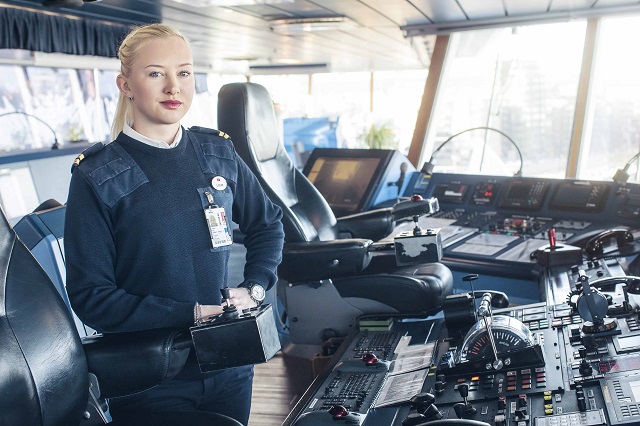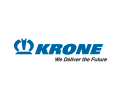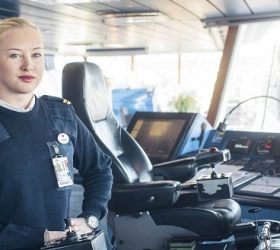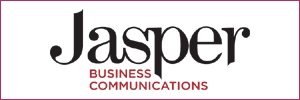Stena Line has launched a new sustainability focus area – Equality and Inclusion. This is part of the company’s increased commitment to creating a sustainable working environment and an important step on the journey towards becoming a leader in sustainable shipping. Stena Line is committed to maintaining and developing a sustainable working environment, free from harassment, where everyone is given equal opportunities regardless of age, religion, gender, gender identity, sexual orientation, ethnicity or disability.
Stena Line is committed to maintaining and developing a sustainable working environment, free from harassment, where everyone is given equal opportunities regardless of age, religion, gender, gender identity, sexual orientation, ethnicity or disability.
“At Stena Line we welcome everyone, whether you want to work here, travel with us or be one of our business partners. I am proud to announce that we are now increasing our focus on this important matter by adding another focus area to our sustainability strategy, says Ian Hampton, Chief People & Communications Officer at Stena Line.
Stena Line’s sustainability strategy is based on focus areas which are linked to the UN Global Goals for Sustainable Development and directly related to the company’s business. Equality and inclusion will be the fifth focus area, complementing the existing four areas – Clean energy, Good health and well-being, Life below water and Responsible consumption. For each area there are ambitious targets established and developments will be closely monitored, with the ambition of becoming a leader in Sustainable shipping.
“For equality and inclusion, the long-term goals are set to a minimum of 30% female leaders by 2022 and a zero-vision in terms of harassment. The work has already started with two new company policies for anti-harassment and equal opportunities launched last year”, said Margareta Jensen Dickson, Head of People at Stena Line.
In 2018 Stena Line also signed the Maritime UK’s “Women in Maritime Pledge” committing to “building an employment culture that actively supports and celebrates gender diversity, at all levels, throughout our organisation, and our industry”.
Main initiatives 2019
During 2019 Stena Line will be focusing on anti-harassment initiatives, improving recruitment systems and procedures, promoting maritime careers for both men and women – as well as engaging in the “Women in Maritime Charter”.
“We need to deliver on a number of ambitious but achievable goals.
For example, identifying obstacles in relation to recruitment and progression for women, improving recruitment methods for “decoded” job applications as well as benchmarking and mapping policies supporting a family friendly workplace and work-life balance for all, said Margareta Jensen Dickson, Head of People at Stena Line.
Care for customers
Diversity in the workforce not only contributes to a better working environment, it also helps Stena Line to better understand and care for its customers.
“Like us, our customers are diverse and the more knowledgeable we get, the better we will become at fulfilling their needs and creating a great travel experience which shows that we care”, says Ian Hampton, Chief People & Communications Officer at Stena Line.


.gif?rand=9119)











